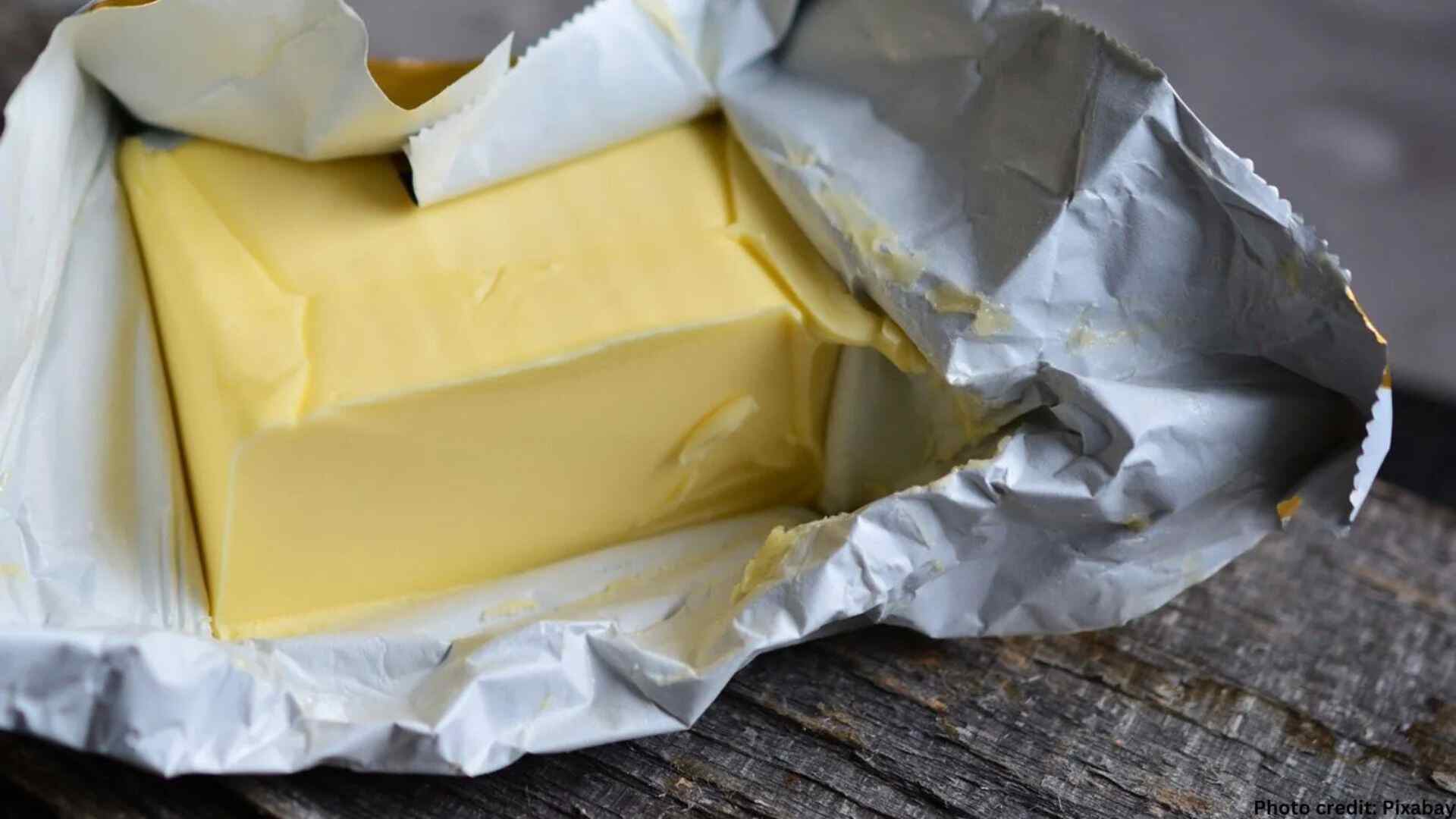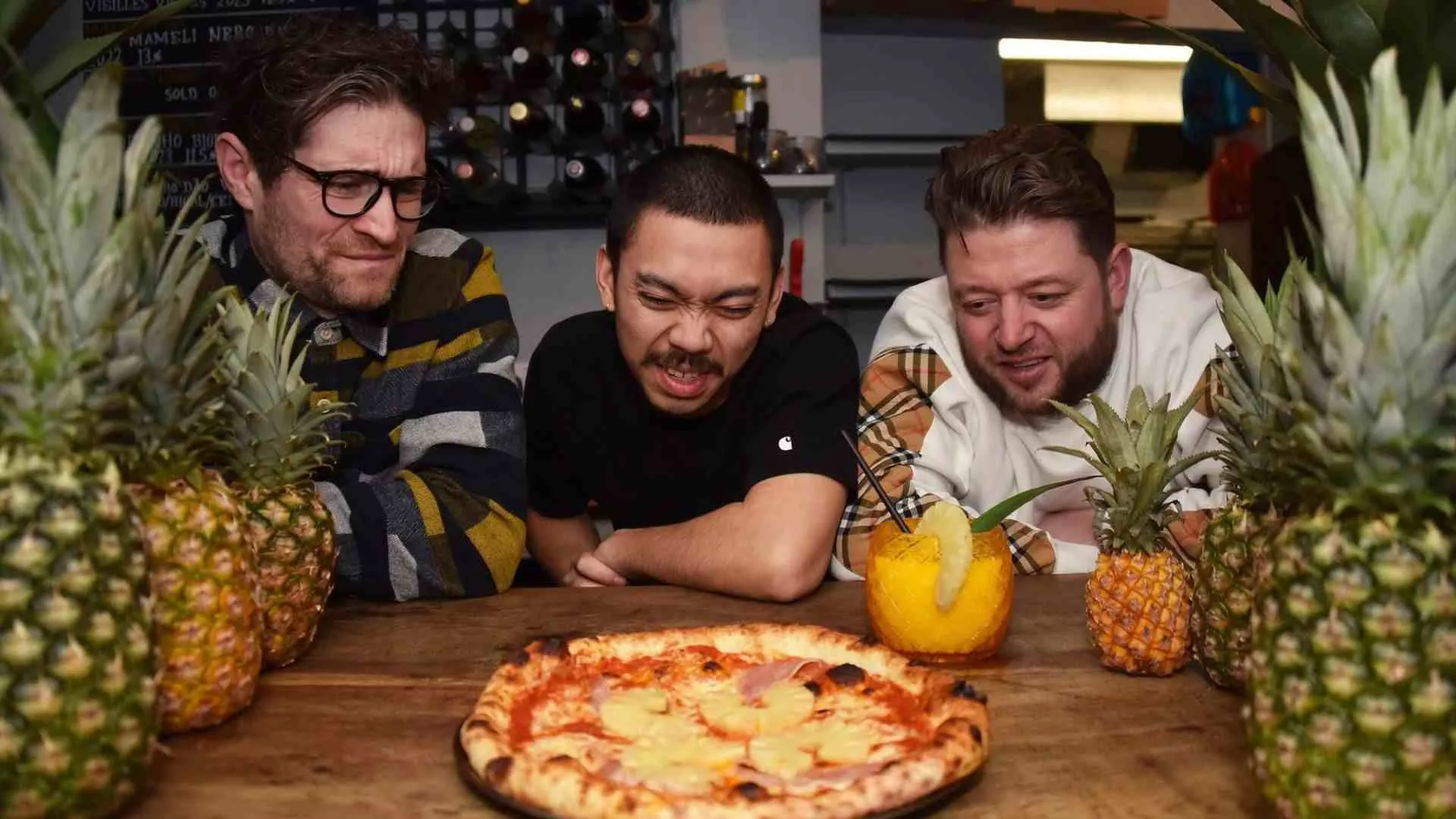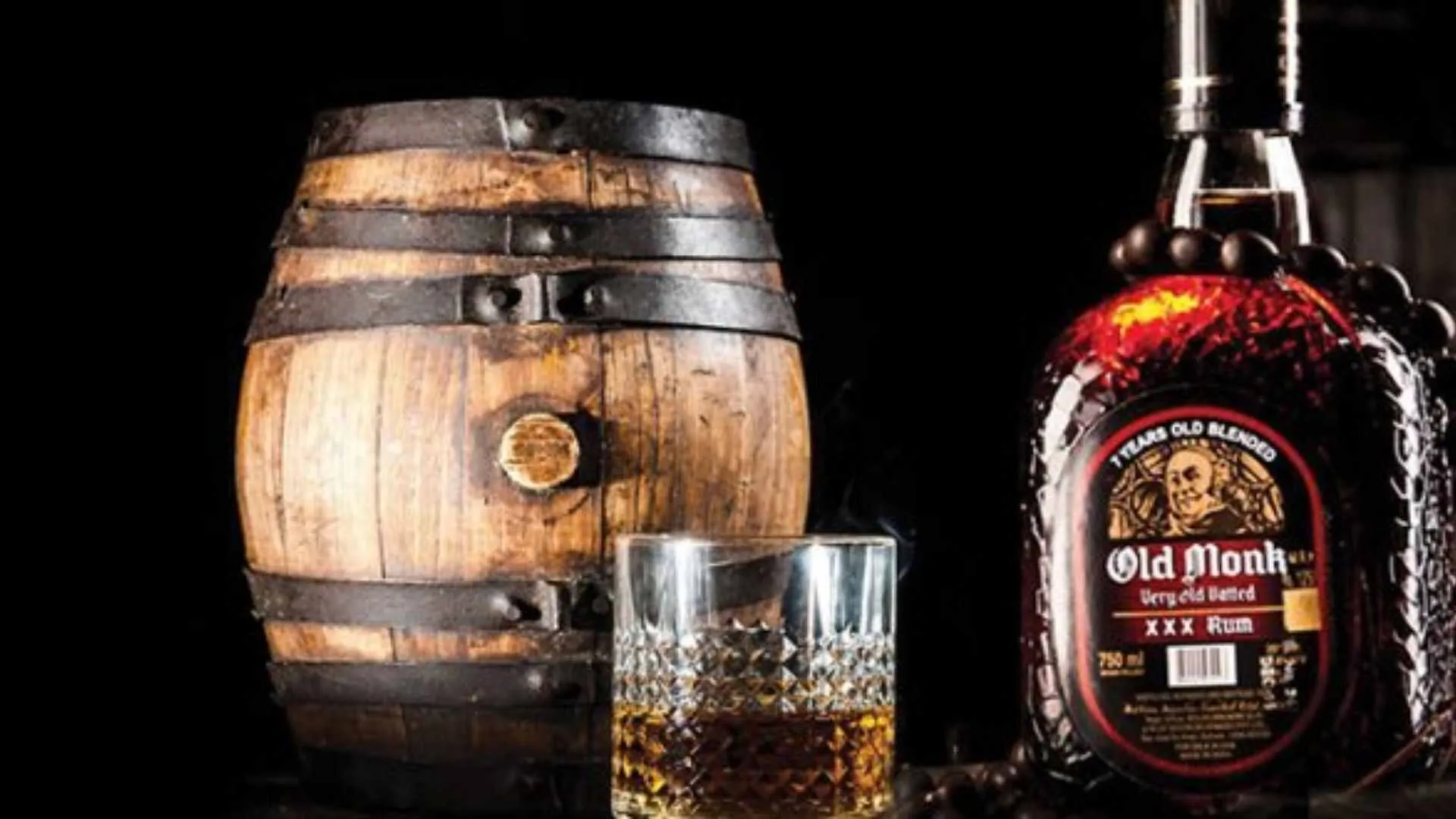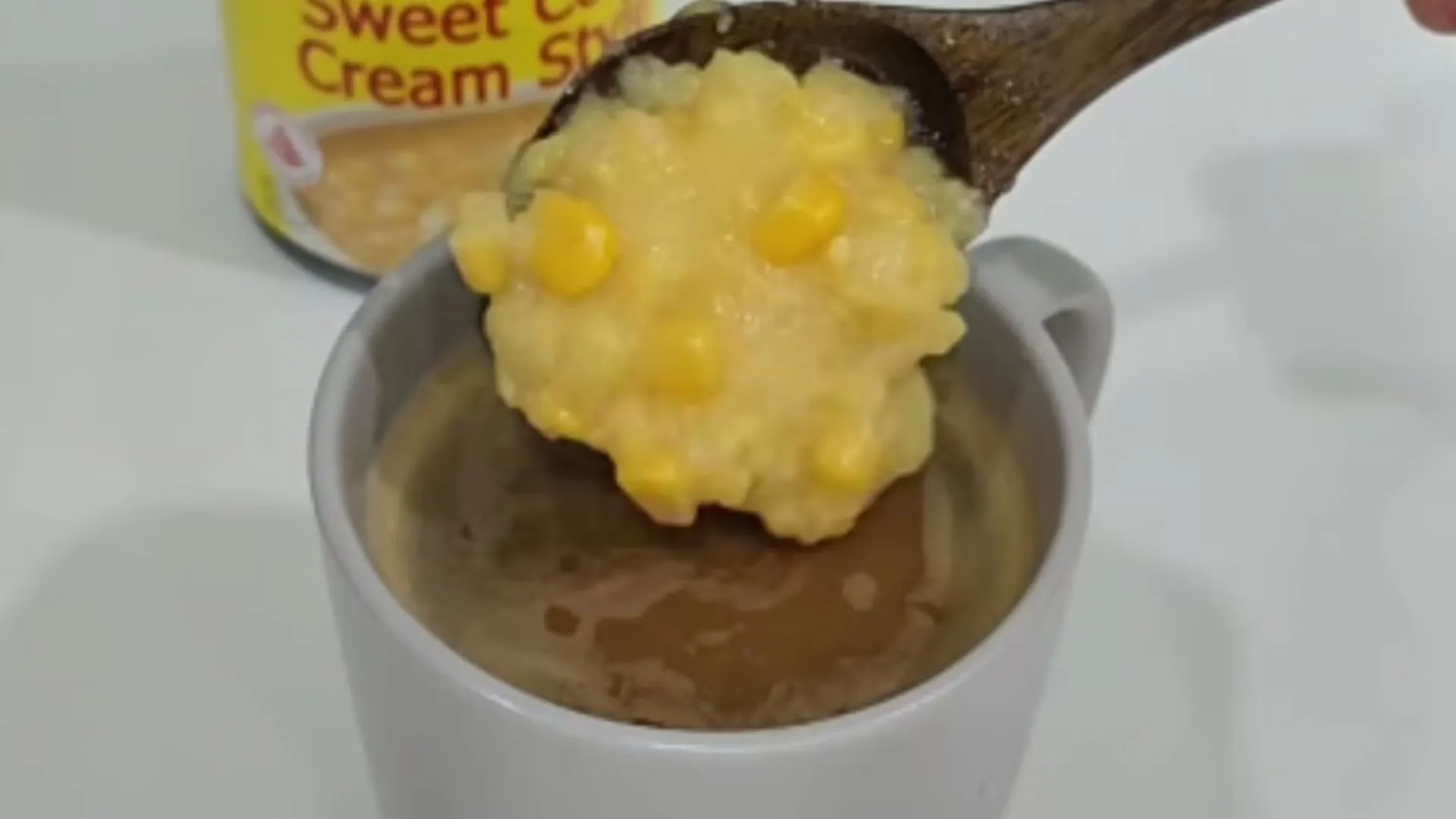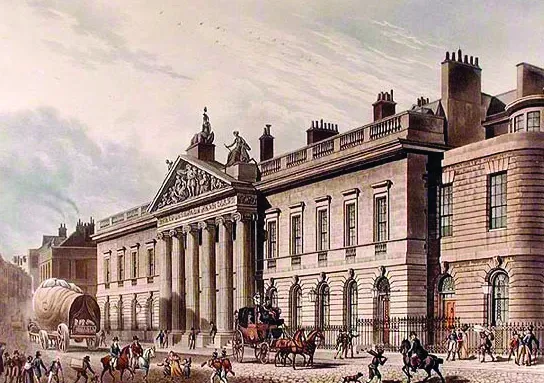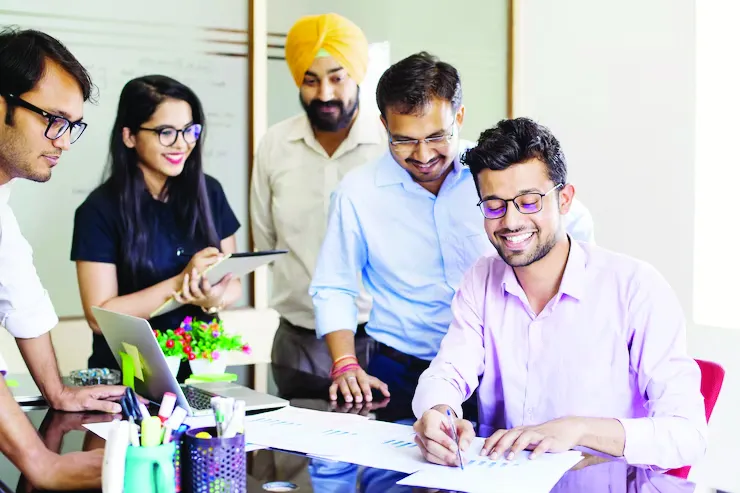A California-based startup has devised a novel way to produce butter without using animals, claiming their dairy-free alternative tastes as good as traditional butter.
Savor, the startup backed by Microsoft billionaire Bill Gates, has been experimenting with non-dairy substitutes for ice cream, cheese, and milk. Utilizing a thermochemical process that creates fat molecules from carbon dioxide, hydrogen, and oxygen, they have introduced a new animal-free butter alternative, according to several reports.
As the world grapples with reducing meat and dairy consumption to lessen environmental impact, Savor offers an intriguing solution. The company asserts that their innovative products have a significantly lower carbon footprint. Their animal-free butter, for example, produces less than 0.8g of carbon dioxide equivalent per kg, compared to the substantial 16.9kg CO2 equivalent per kg for conventional unsalted butter.
Could this innovation be the breakthrough needed in the fight against climate change?
Reports also mentioned that Savor’s Chief Executive, Kathleen Alexander, stated the company is currently pre-commercial and is navigating regulatory approval processes before selling their butter. She indicated that sales are not expected to begin until at least 2025.
While meat and dairy alternatives have gained popularity, some have been criticized for their flavor. Savor contends that their butter provides a more authentic taste experience.
In an online blog, Bill Gates championed the initiative, emphasizing, “The idea of switching to lab-made fats and oils may seem strange at first. But their potential to significantly reduce our carbon footprint is immense. By harnessing proven technologies and processes, we get one step closer to achieving our climate goals.”
Gates concluded his post by explaining that the process emits no greenhouse gases, requires no farmland, uses less than a thousandth of the water used in traditional agriculture, and most importantly, it tastes like the real thing.

